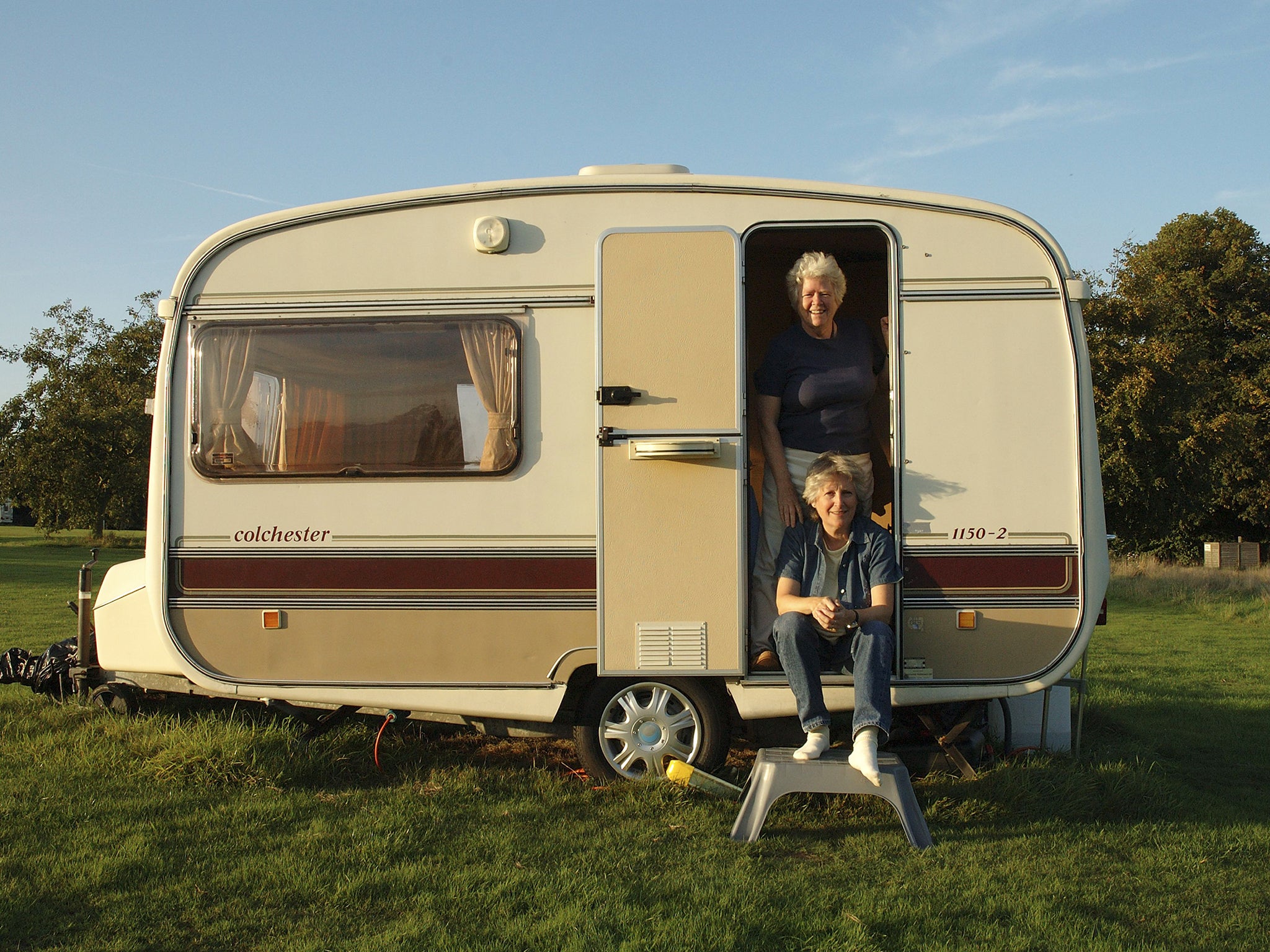No wonder people are being forced to live in caravans – housing benefit bears no relation to reality anymore
Housing benefit has been subject to repeated cuts since 2011 and is only set to get worse with Local Housing Allowance rates frozen until 2020

This week marked the 50th anniversary of Cathy Come Home, and it’s a mark of how persistent the housing crisis is that people are still talking about the landmark drama.
Anyone who has seen the film will remember the harrowing scenes at the end when the family are split up and the children taken away from Cathy. But a few will also remember the family’s brief respite living in a caravan. It was an unconventional choice but offered the family a modest home that they could afford.
In a disheartening symmetry, this week also brought news that thousands of households are again living in caravans because it is the only accommodation they can afford on housing benefit. An investigation by Inside Housing magazine found that more than 12,000 housing benefit payments are being made to caravans and park homes.
This is unexpected but not surprising. At Shelter, we have been aware of an emerging “grey market” as people struggle to adapt to ever-rising housing cuts and cuts to essential support such as housing benefit. I heard from one family last year who had rented a caravan with their baby after they were unable to find anywhere affordable in their rural area.
In our services, particularly in London, it is now no longer shocking to speak to families who are living in a single room in a shared house. They are not homeless and have not been placed there by the council. But it is all they have been able to afford on a limited income.
We have also begun to hear from single clients who are “hot bedding” – sharing beds with flatmates and synching sleep around work shifts to pay the rent. Beds in sheds and extreme overcrowding speak to the same phenomenon – when housing becomes unaffordable the most you can afford is an imitation of a home.
Such trends follow sustained and deliberate reductions to housing benefit. The essential top-up for low income renters has been subject to repeated cuts since 2011, with the result that it now bears little relation to the rents actually being charged. The situation has been worst for families in London who have also felt the worst impacts of the overall benefit cap.
This is set to get worse with Local Housing Allowance rates, which are used to calculate the support private renters receive to help with their housing costs, frozen until 2020. Our fear is that continually restricting housing benefit in an overheated market will push tenants to breaking point.
Declining affordability is made worse by a reluctance among landlords to rent to households on housing benefit. Sixty-three per cent of landlords say they bar, or prefer not to rent to, households needing the income top-up. This is partly a response to unpredictable and repeated cuts but also reflects landlords’ nervousness about payment arrangements. And in some cases lenders and insurance providers still make it too difficult for landlords to let to families on housing benefit.
When even the bottom of the market becomes unaffordable people have to resort to imaginative and increasingly desperate ways to house themselves. Housing benefit is an essential safety net that any renter could find themselves relying on if they lost their job or have their income cut. It is essential that it reflects the realistic cost of renting or more households will find themselves priced off even the lowest rungs of the rental ladder.
Kate Webb is Shelter’s head of policy



Join our commenting forum
Join thought-provoking conversations, follow other Independent readers and see their replies